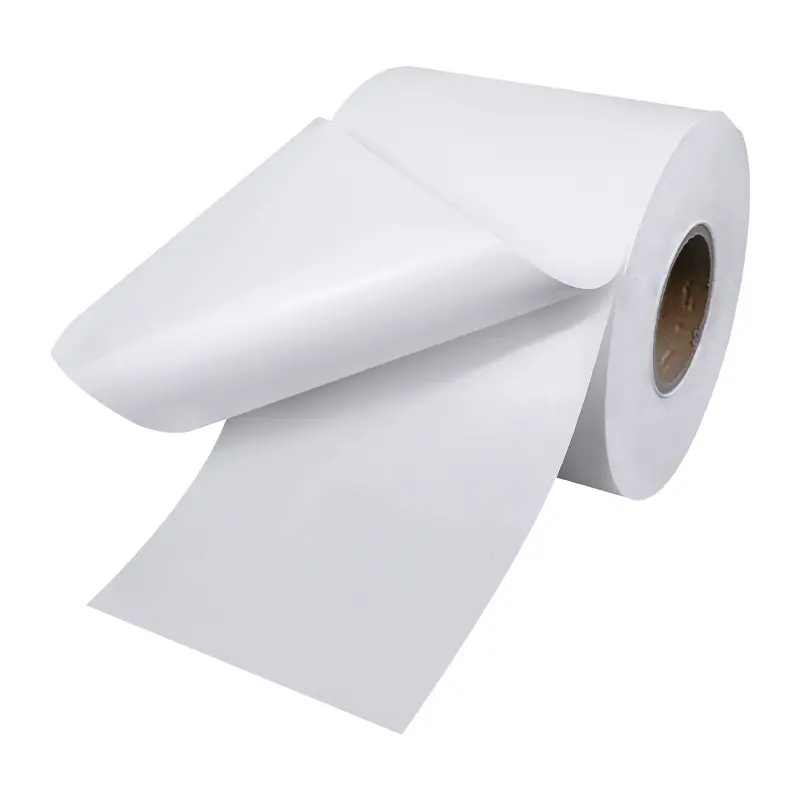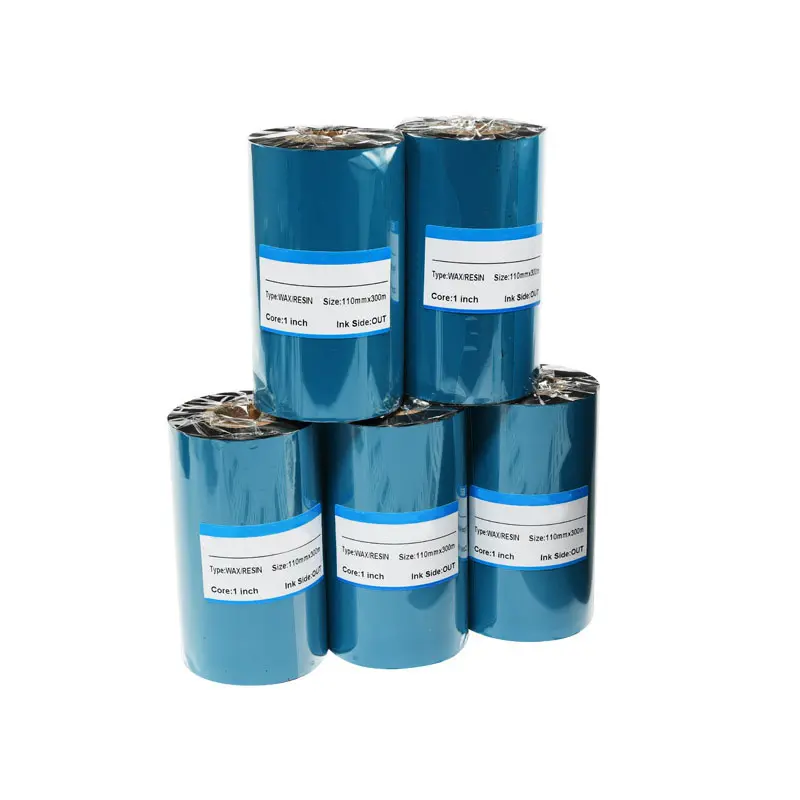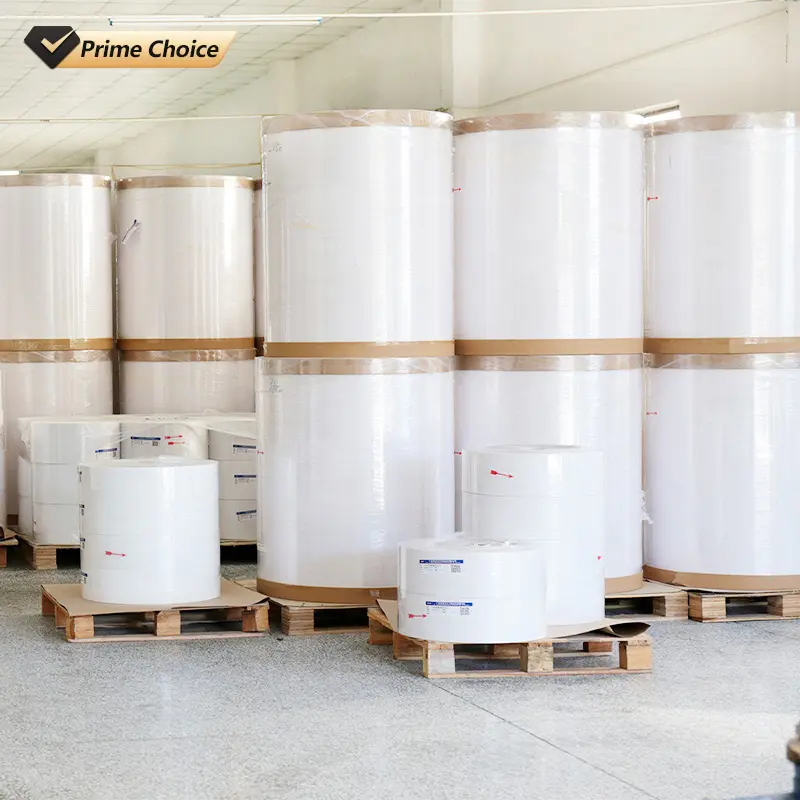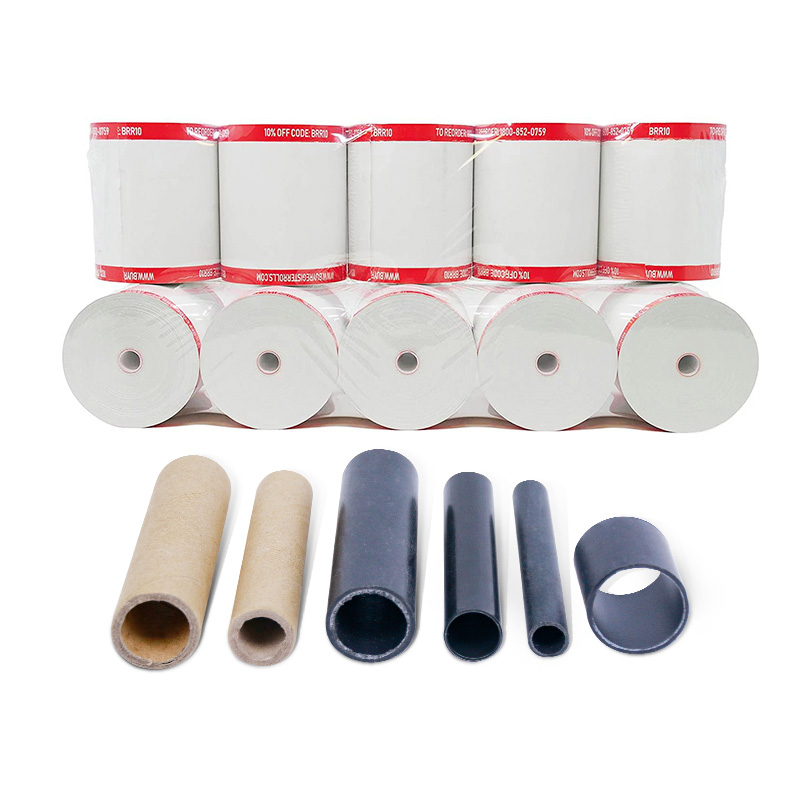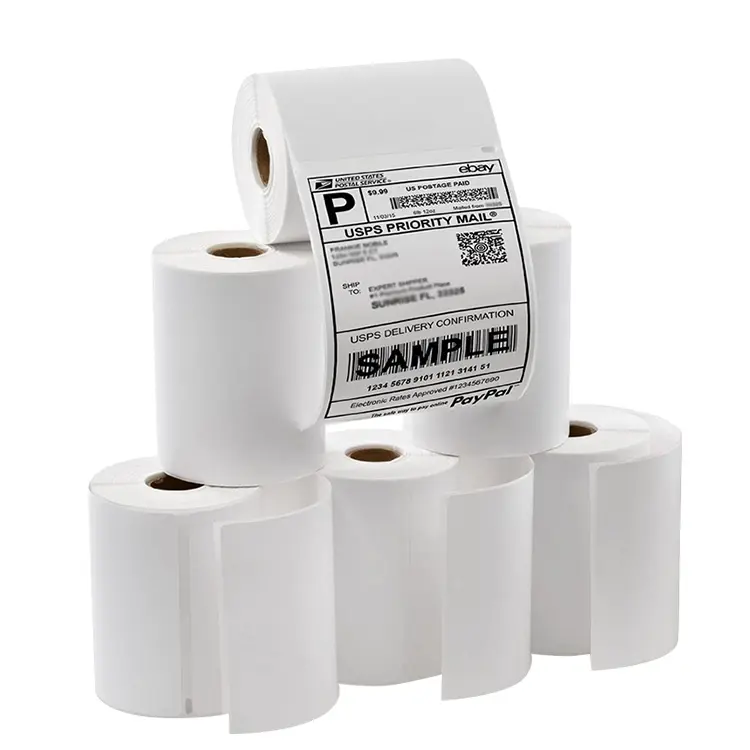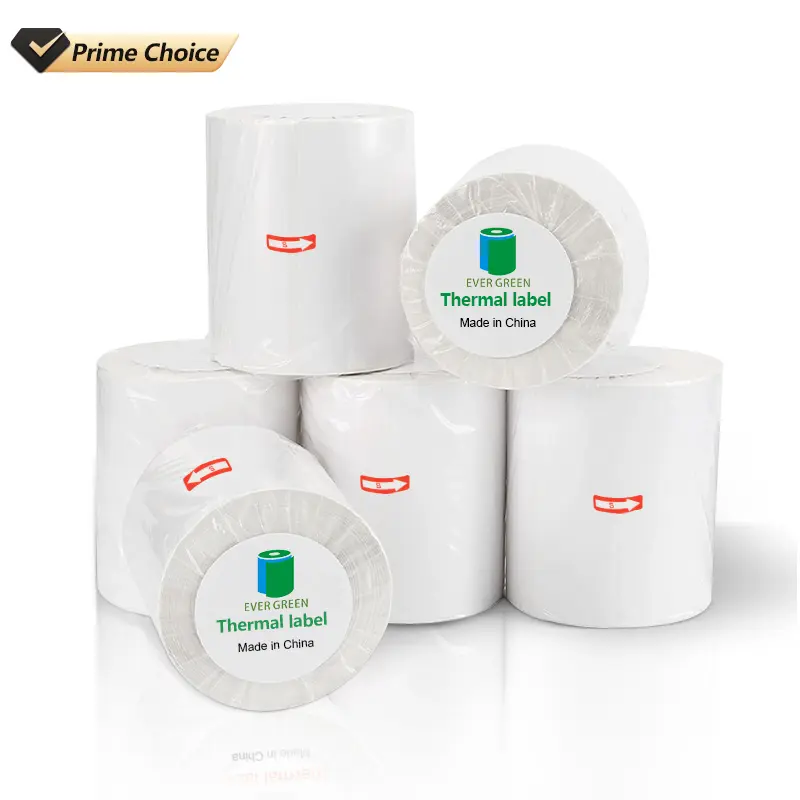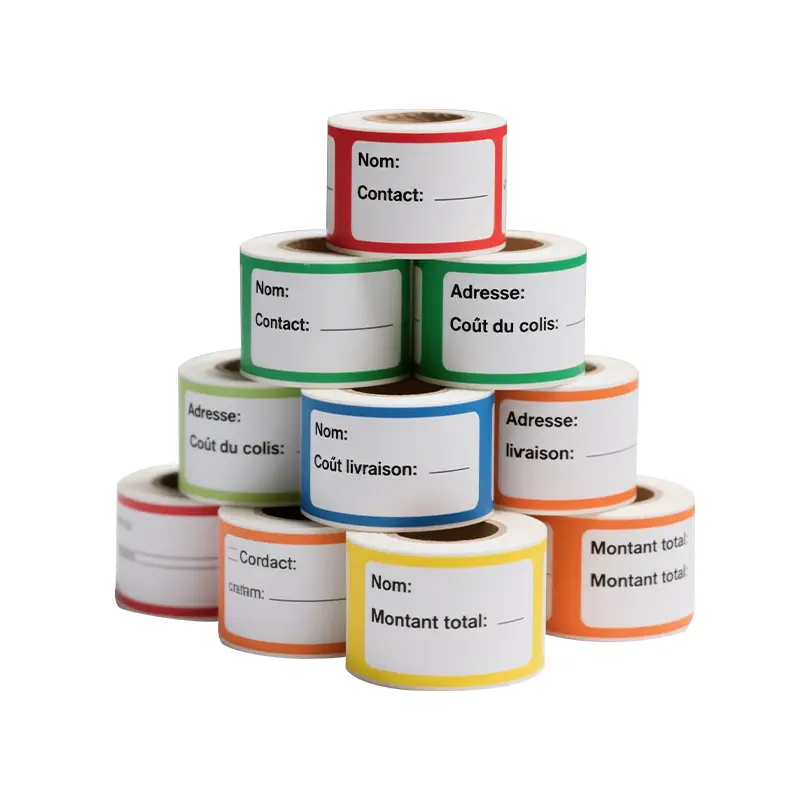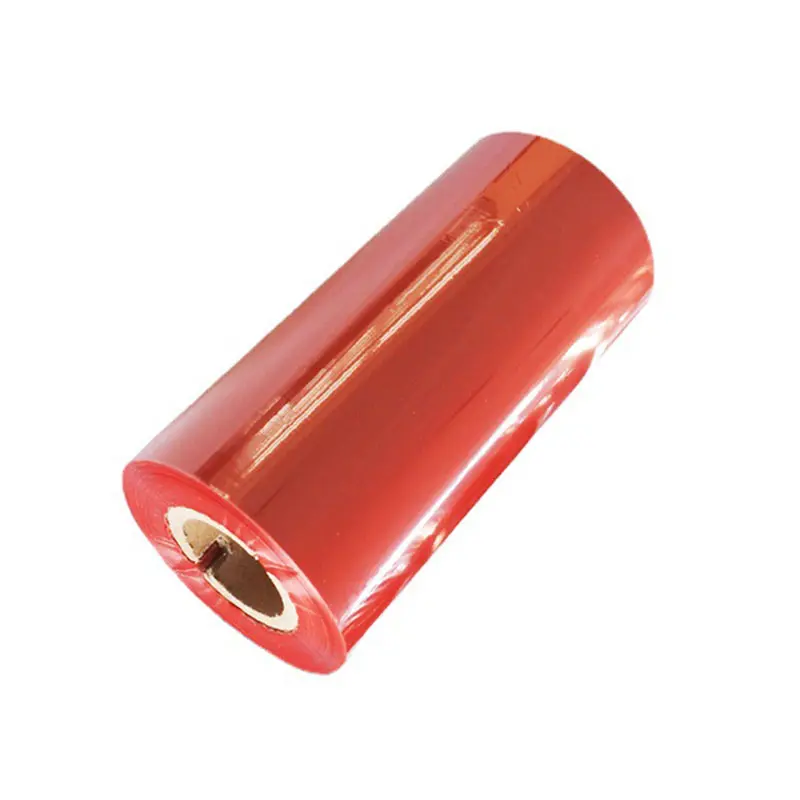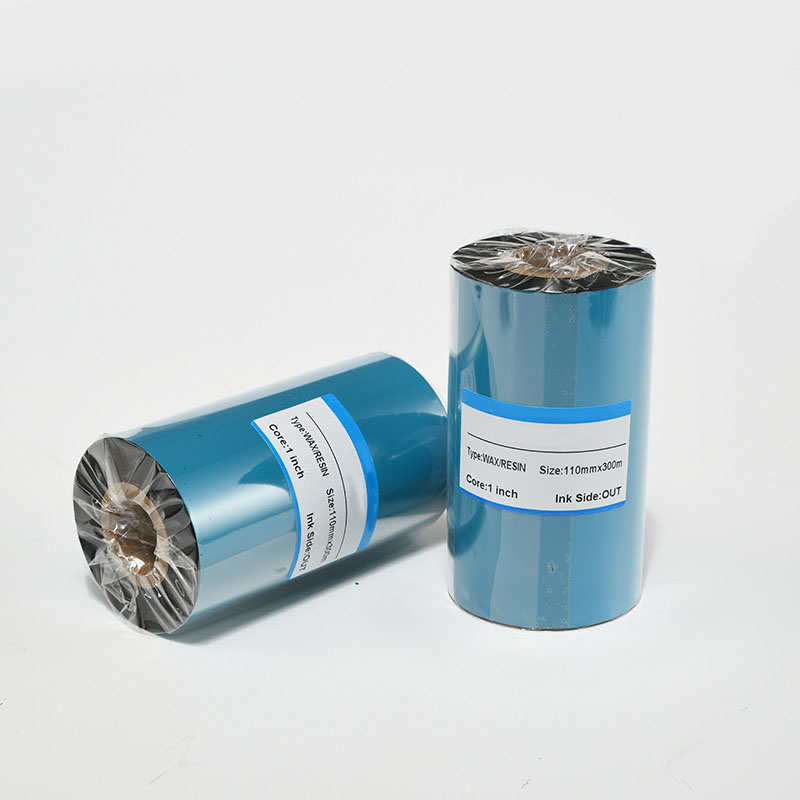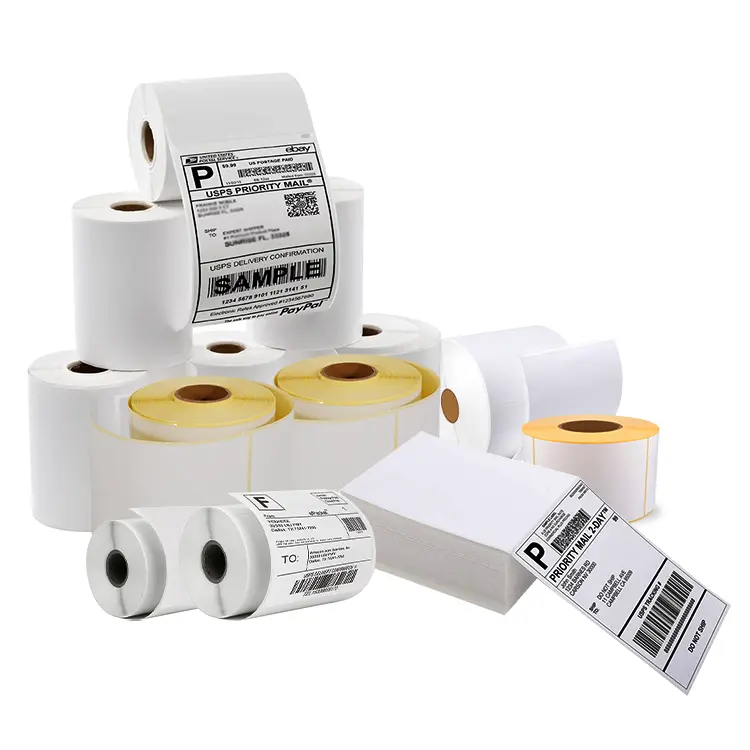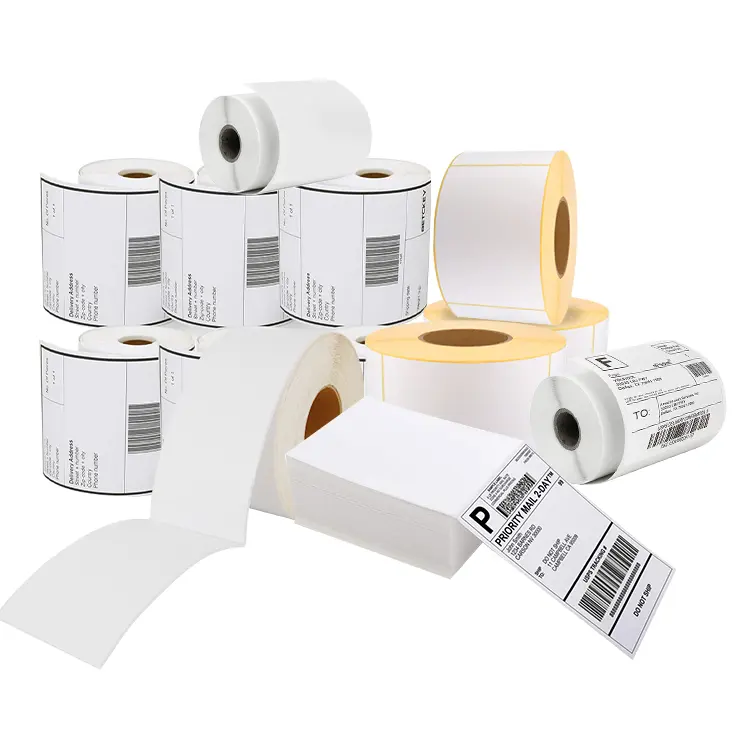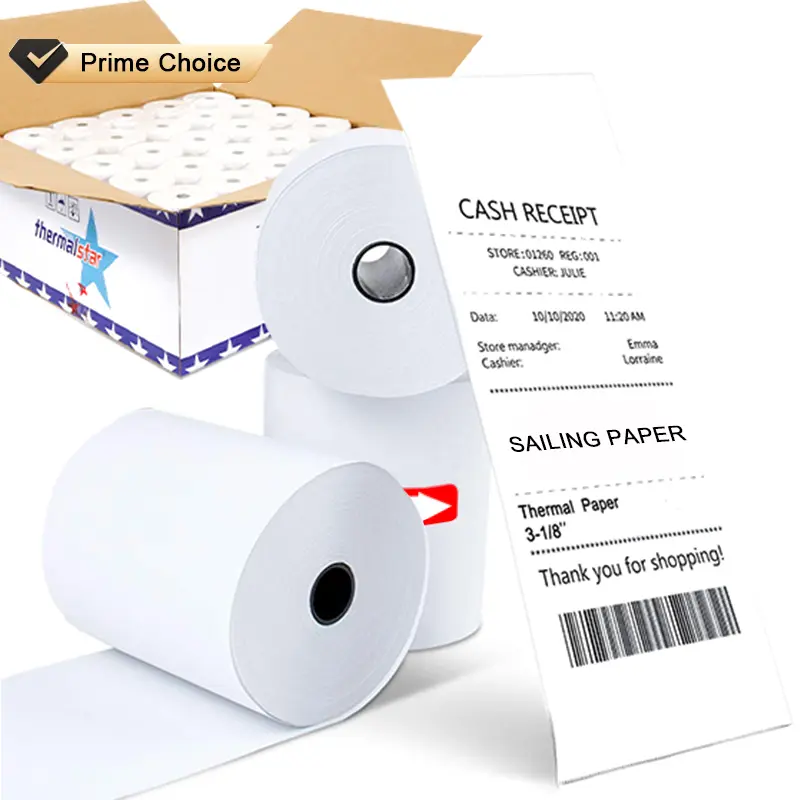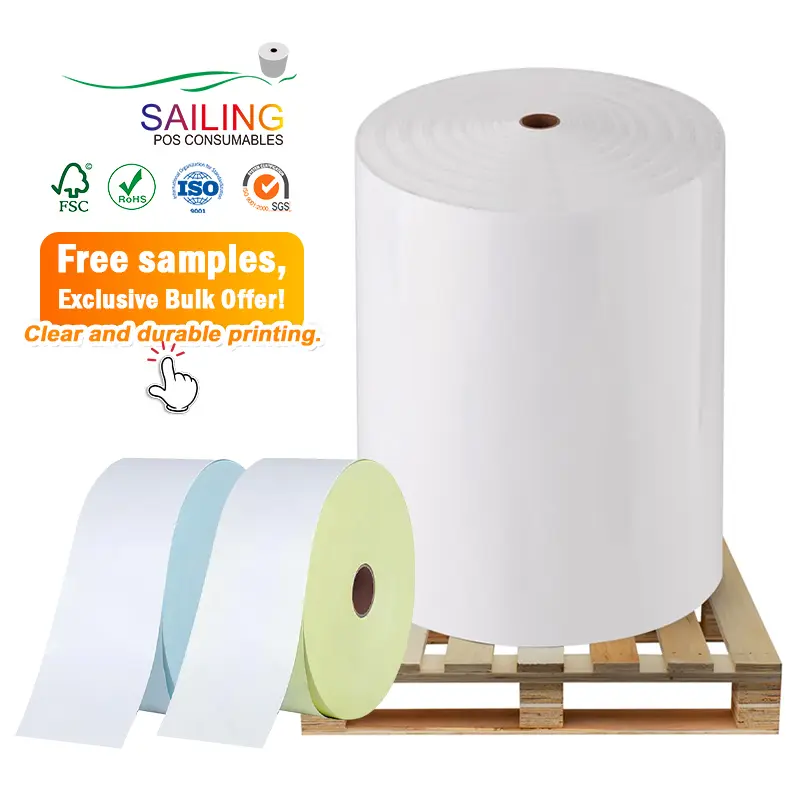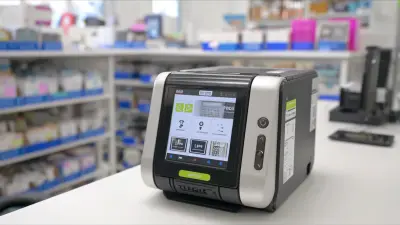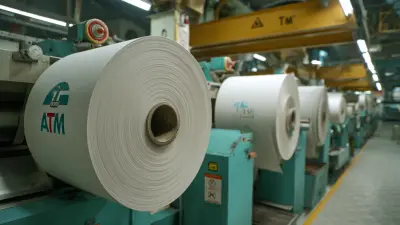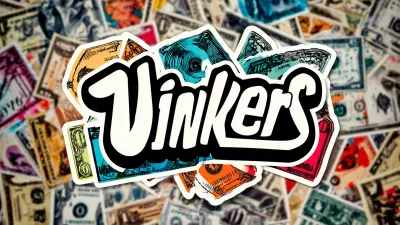Thermal Transfer Labels vs Direct Thermal Labels: A Wholesale Supplier Comparison Guide
When evaluating labeling solutions for businesses, comparing Thermal Transfer Labels and Direct Thermal Labels unveils distinct advantages tailored to specific needs. Thermal transfer labels excel in providing long-lasting prints, making them ideal for environments where durability and resistance to fading are essential. Conversely, direct thermal labels tend to be the more economical choice, particularly suitable for short-term uses like shipping labels. As an exporter, I prioritize reliable and cost-effective labeling options. ShenZhen Sailing Paper Co., Ltd. stands out with a diverse selection of both thermal transfer and direct thermal labels, all at competitive prices. Whether durability is a priority or an economical solution is needed for everyday tasks, their offerings ensure quality without exceeding budget constraints.Leading Chinese Thermal Transfer Labels Vs Direct Thermal Labels For the Current Year Where Innovation Meets 2025
In the dynamic landscape of labeling solutions, the choice between leading Chinese thermal transfer labels and direct thermal labels has become increasingly pivotal for global businesses in 2025. As companies like Sailing, founded in 2011, expand their international footprint with robust production facilities in both China and Malaysia, understanding the innovations within label technology is crucial for procurement professionals.
Thermal transfer labels utilize a ribbon-based printing method, allowing for high-resolution images and durable labels that withstand various environmental conditions. This makes them ideal for industries requiring longevity and print clarity, such as logistics and packaging. In contrast, direct thermal labels simplify the printing process, making them a cost-effective choice for short-term applications where budget constraints are paramount. This innovation-driven approach ensures that businesses can find tailored solutions that align with their specific operational needs.
As we look towards 2025, it’s essential for global buyers to evaluate the evolving technological advancements in both thermal transfer and direct thermal labels. Investing in high-quality labeling solutions from reputable manufacturers like Sailing not only enhances product presentation but also streamlines logistics and compliance processes. Embracing these innovations will empower organizations to remain competitive in a rapidly changing market while ensuring their labeling solutions meet the diverse demands of customers worldwide.
Leading Chinese Thermal Transfer Labels Vs Direct Thermal Labels For the Current Year Where Innovation Meets 2025
| Label Type | Durability | Print Quality | Cost Efficiency | Applications | Environmental Impact |
|---|---|---|---|---|---|
| Thermal Transfer Labels | High (up to 5 years) | Excellent (high-resolution) | Moderate (ink and ribbon cost) | Logistics, Inventory, Retail | Low (can use eco-friendly inks) |
| Direct Thermal Labels | Moderate (1-3 years) | Good (limited by heat sensitivity) | High (no ink or ribbon needed) | Shipping, Barcoding, Short-term | High (process involves non-recyclable material) |
Practical Methods To Thermal Transfer Labels Vs Direct Thermal Labels in 2025 Stands Out
A
Amelia Young
This purchase was a great decision. The quality is excellent and the service was prompt and professional.
15
May
2025
N
Nathaniel Rivera
Outstanding quality! Their expert support team made the experience delightful.
27
May
2025
A
Avery Morgan
The product quality is fantastic! Their customer service agents were very responsive and helpful.
10
June
2025
G
Grace Hall
Impressive quality! The professionalism of the service team made a positive impact on my experience.
24
May
2025
A
Ava Young
Fantastic quality! I truly appreciate the professionalism of their customer service team.
24
June
2025
E
Ella Johnson
Great quality! The professionalism shown by their service staff was truly noteworthy.
23
June
2025






 Thermal labels
Thermal labels

